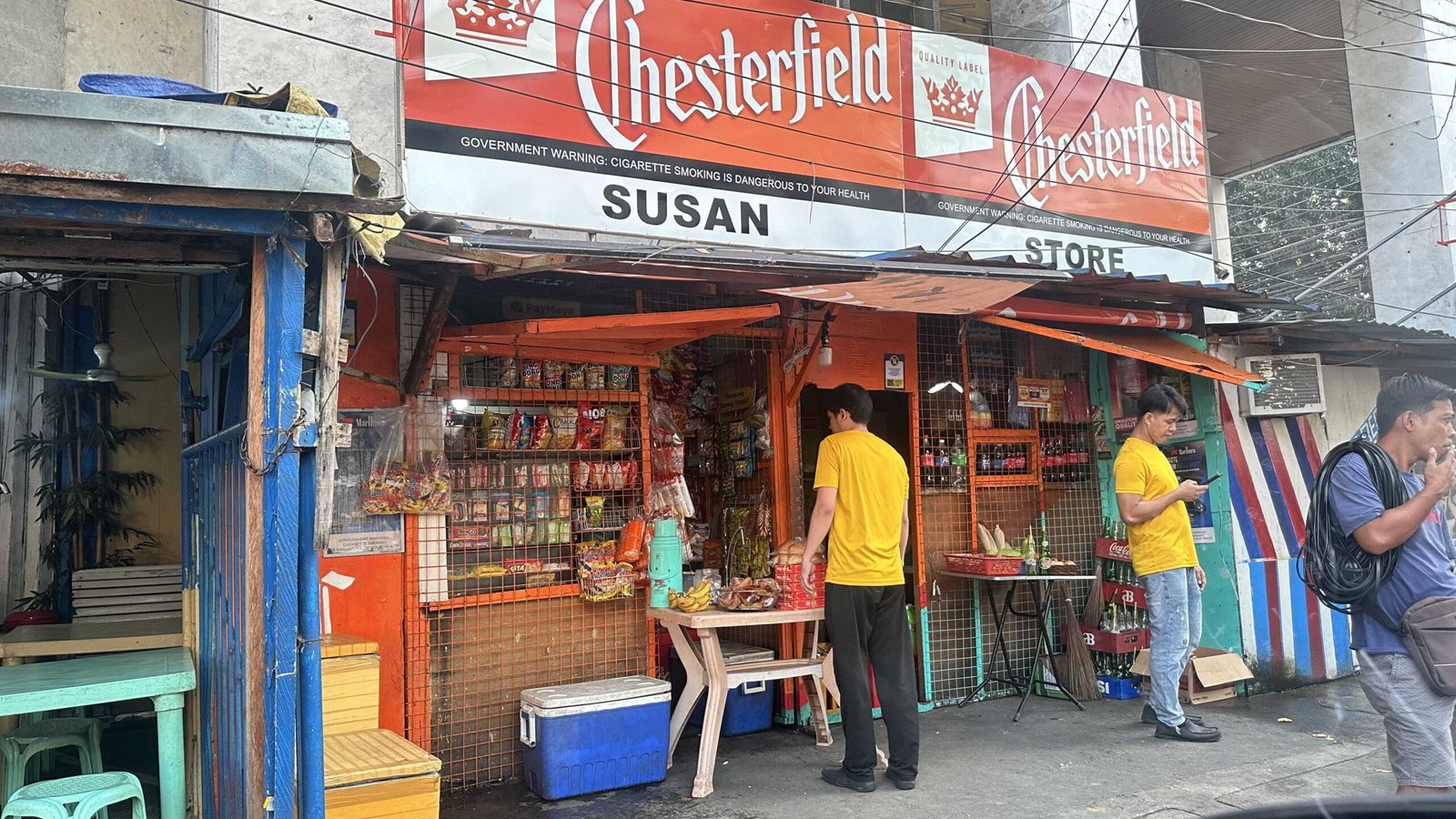Businessman Rene G. Romero, president of Romac Group said that to earn a ‘decent living’, workers in Pampanga should have a daily minimum wage of P1,000.00.
The businessman said that this proposal was formulated from persistent challenges such as inflation, escalating living costs, and other financial strains which continue to “negatively impact workers’ effectiveness and morale, resulting in lower productivity levels in the workplace.”
Romero’s Romac Group, one of the leading manpower services in the country, has been in operation for over forty years. With over 1,500 employees, the company services Central Luzon, Metro Manila and Visayas.
“Daily wage earners often struggle with financial stress due to insufficient wages, which makes it difficult for them to meet essential living expenses, based on my interviews with these workers who aim for a modest yet stable life,” Romero said.
According to Romero, he gathered from the interviews that, based on a family of four, around P31,900 is incurred in monthly expenses. In the proposal he prepared, he listed down the essentials that includes food (P600/day); house rent (P2,000); utilities (P2,000 excluding internet); transportation allowance (P2,600); education (P 3,000); personal expenses (P2,000 -clothing, health items, etc.); and, emergency fund/savings (P 2,000).
The total amount yields P1,026.23 daily wage to cover the monthly expenses for a decent living. His proposal, he said, is based on “real-life experiences rather than theoretical models”.
The minimum daily wage in Pampanga and nearby provinces is being proposed to be pegged at P1,000 that could be reached primarily through government subsidies and in part by employers’ pockets.
In his proposal to the Regional Tripartite Wages and Productivity Board, Romero hopes that the government would bear the brunt of the 122-percent increase from the current P450 minimum daily wage for non agricultural workers in Central Luzon.
“I acknowledge that increasing the minimum wage in the region to P1,000 daily could present significant challenges for businesses, particularly for micro, small, and medium enterprises. To address these challenges, I propose a balanced approach: businesses would absorb 20% of the wage increase, while the government would cover the remaining 80% through subsidies,” he said.
He added that the cost sharing could be realized through legislative measures/reforms that reallocate existing poverty alleviation programs to support wage subsidies rather than traditional aid programs or the traditional ayuda. He also suggests that the Implementing Rules and Regulations (IRR) of this Government Wage Subsidy Program would be designed to address potential wage distortions and ensure the effectiveness of his proposal.
“Transitioning from traditional aid schemes to direct wage subsidies offers a transformative opportunity. It could empower Filipinos to achieve greater self-reliance and help reduce corruption by ensuring that government assistance is delivered directly to those in need. Under this plan, daily wage earners would receive their base salary from their employers and an additional subsidized amount from the government through direct methods like bank transfers,” he furthered.














